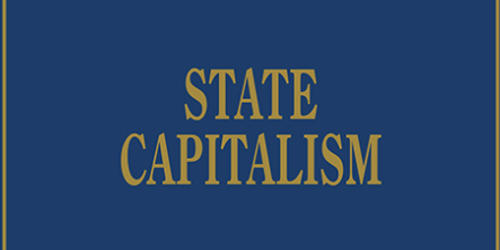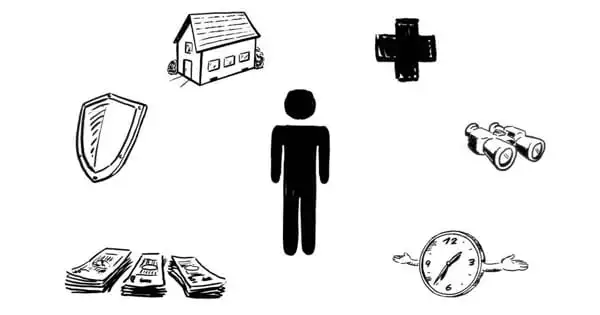State Capitalism is an economic system in which the State controls or owns for-profit enterprises such as utilities (e.g., water and electricity) and transportation (e.g., buses and trains) or actively supports capitalist interests through market controls. The term “State Capitalism” is frequently used in two different ways: first, as an economic form in which the state performs the role of the capitalist employer, exploiting the workers in the interest of the state. It is an economic system in which the state undertakes commercial (i.e. for-profit) economic activity and where the means of production are organized and managed as state-owned business enterprises (including the processes of capital accumulation, wage labor, and centralized management), or where there is otherwise a dominance of corporatized government agencies or of publicly listed corporations in which the state has controlling shares. It is an economic system in which private capitalism is modified by a varying degree of government ownership and control. It is a form of capitalism in which the central government controls most of the capital, industry, natural resources, etc. The federal mail system or a state-owned railway are examples of this kind of state capitalism.
State Capitalism is also a political system in which the state has control of production and the use of capital. Although there are many variant forms of capitalism, state capitalism is given more weight in the social scientific literature because of the tendency to essentialize the state and state powers. Marxist literature defines state capitalism as a social system combining capitalism with ownership or control by a state—by this definition, a state capitalist country is one where the government controls the economy and essentially acts like a single huge corporation, extracting the surplus value from the workforce in order to invest it in further production.
The main features of a model of state capitalism, drawn from historical examples, are as follows:
- State ownership of the principal means of production,
- Generalized wage labor,
- A generalized use of money and money calculation,
- A relatively free market for consumer goods in the form of agricultural products and light industrial products,
- A market for means of production which is closely monitored by the state.
Capitalism is incompatible with a state economy in which companies are state-owned and planning authorities determine what is produced. State Capitalism is a form of capitalism in which the state owns or controls most of the means of production and other capital: often very similar to state socialism. This designation applies regardless of the political aims of the state. Many scholars argue that the Soviet Union and the countries modeled after it, including Maoist China, were state-capitalist systems. State capitalism and private capitalism have never existed as pure forms of society; every country has its own historically developed mix. Many scholars also argue that the current People’s Republic of China constitutes a form of state capitalism.
















